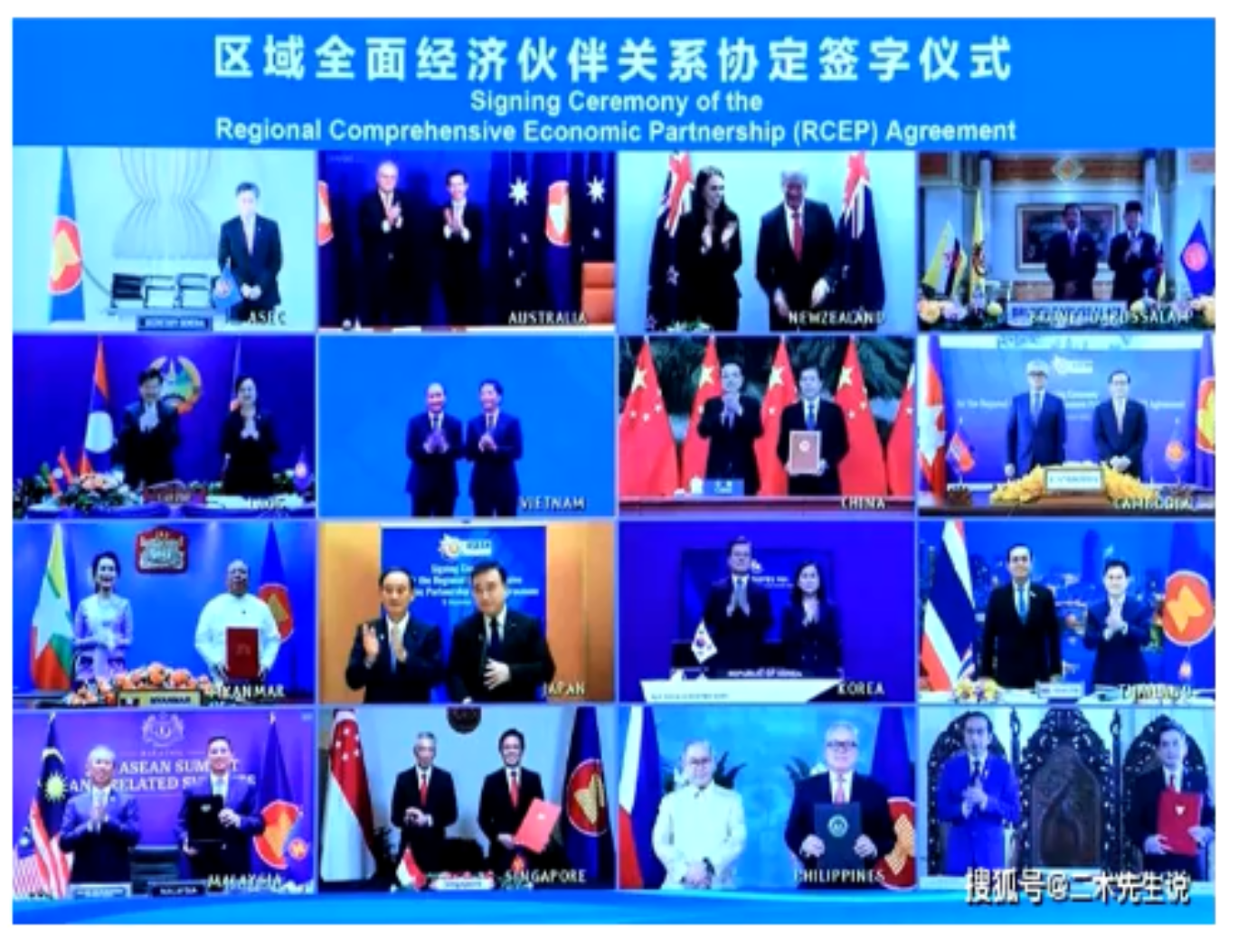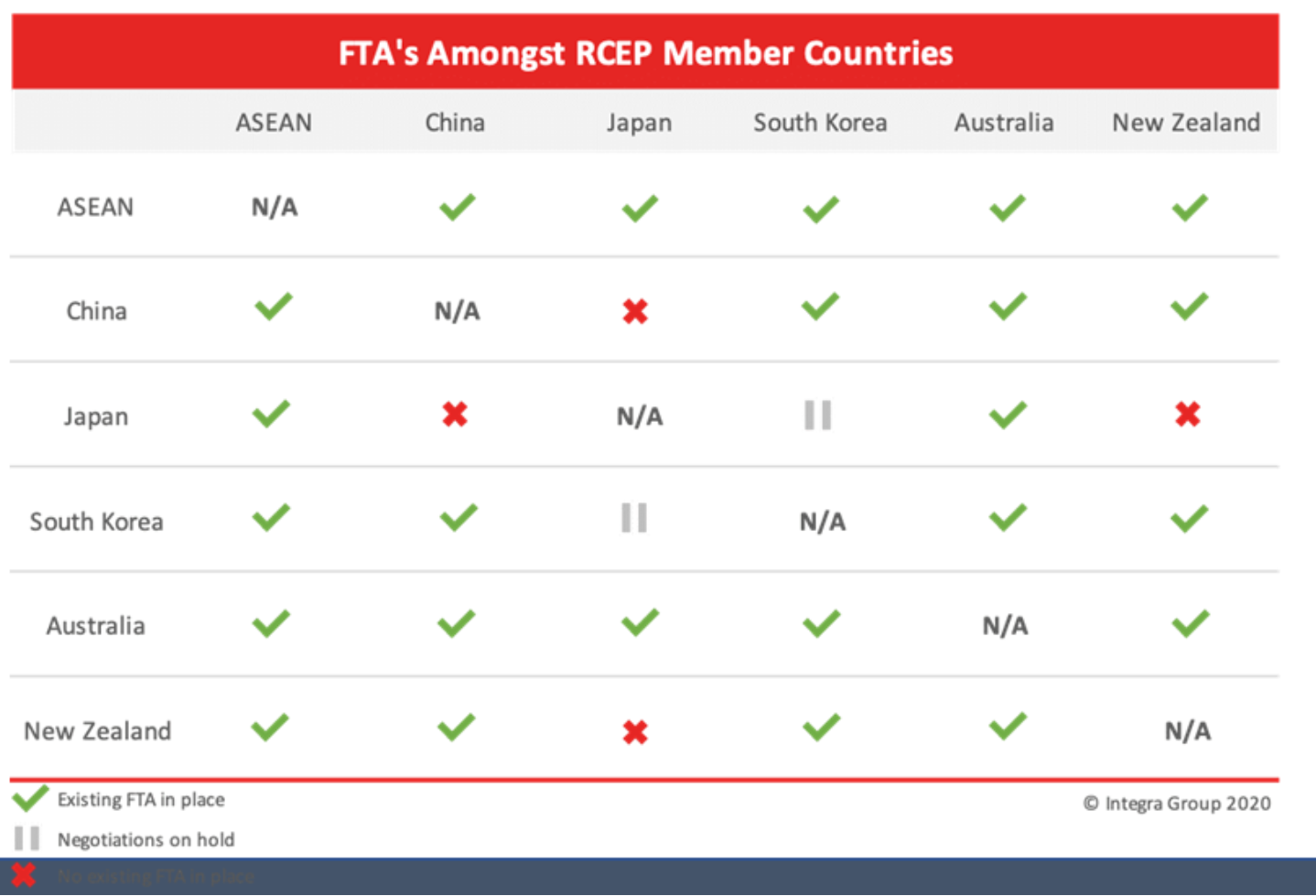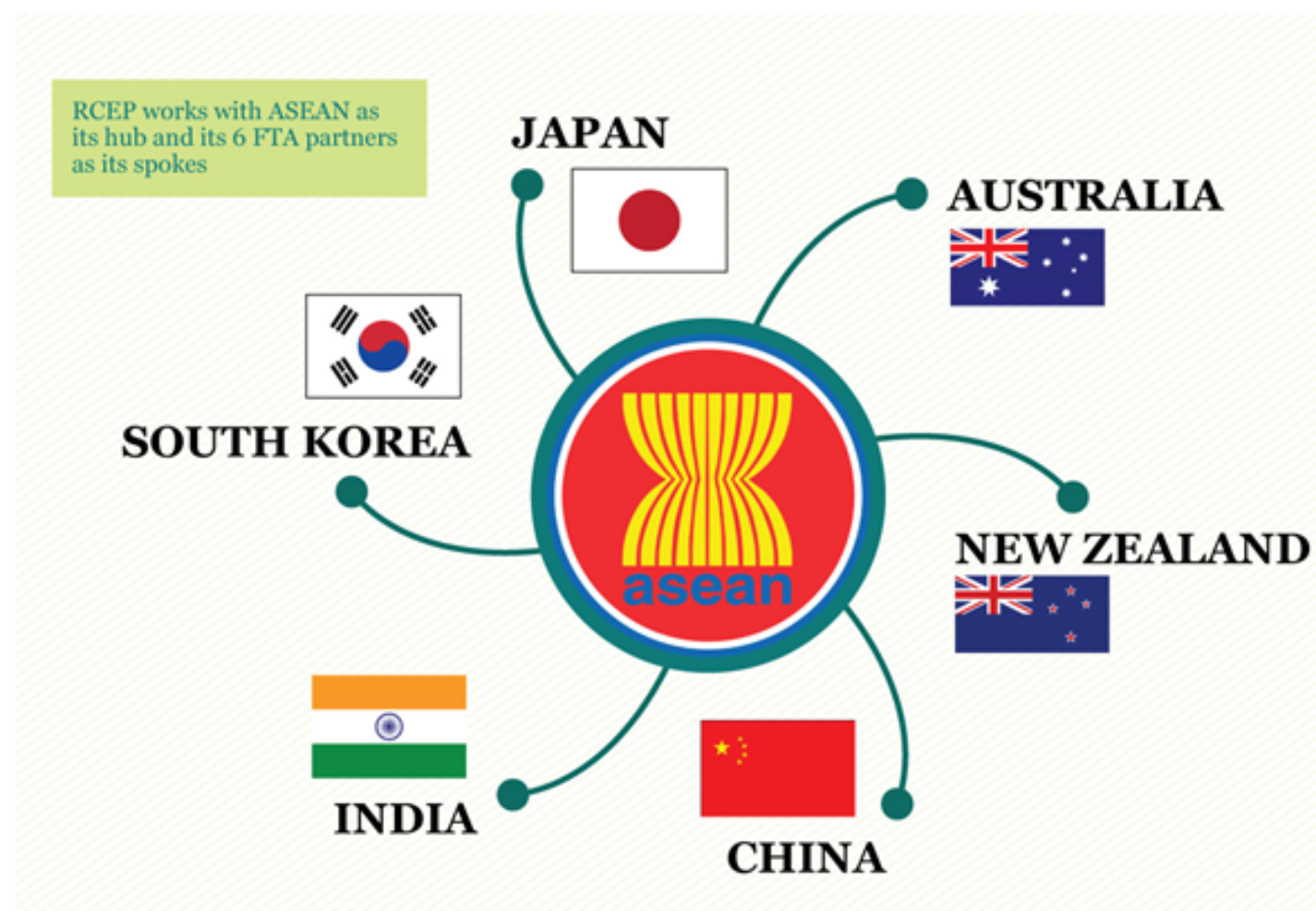Forum
Lecture—— RCEP: A Milestone in the Regional Integration Process in East Asia
Author: Mohammad Derakhshan|SRS2021
Editor: Aneka Rebecca Rajbhandari |SRS2021
On December 9, Silk Road School (SRS) of Renmin University of China held another extraordinary seminar on the economic agreement made by China, ASEAN member states, Japan, South Korea, Australia, and New Zealand called the RCEP. This seminar was presented by Prof. Wang Jianqing. Professor Wang based his lecture on the integration process ofregional economic in the East Asia with a special attention to RCEP.
Professor Jianqing started his presentation with a question to the audience: “What will happen on January 1st 2022?” With this question, he helped all students to be completely focused on the content of the presentation to know what the answer might be. He believed that the most important event that is going to be held on the first day of 2022 is enforcement of RCEP.

Professor Wang claimed that the RCEP’s entry will be the most significant event in the coming year, or even in the next decade or even in the 21st century.
Why is this economic agreement so important to be regarded as the most momentous phenomenon of the century? Professor Wang, being personally involved in the negotiations of the agreement, he elaborated his own observations through the lecture, allowing everyone to understand the importance of this event in the whole century.
The main part of the seminar concentrated on the process of establishing such an economic agreement regarding the philosophy of economic integration in East Asia. Although the starting point of its appearance dates back to November 2012 and took more than eight years to be eligible to enter into force, Professor Wang interpreted it as the first brick was prompted after the Asian Financial Crisis in 1997 when China and ASEAN made a bilateral Free Trade Agreement which gradually covered various sections of trading goods and services, and investment parts during its years of establishment and then it became a kind of initiative for other states in the region to provide similar agreements with ASEAN.

Professor Wang mentionedthat according to the bilateral free trade agreements with ASEAN, it is worth mentioning that RCEP was established with the centrality of ASEAN as it provided the platform for starting the negotiations on formulating the greatest economic agreement.

In the end, professor Wang concluded that however RCEP is going to be turned into practice by the end of December 2021; it is not a destination and the process of regional economic integration will not be stopped. Further negotiations on the Free Trade Agreement (FTA) and more comprehensive economic cooperation should be continued to provide more facilities and conveniences for people of different countries.
This seminar is among the most noteworthy seminar organized by the Silk Road School and have received appreciation from students participatants mainly from the first year Masters in Contemporary China Studies of Silk Road School. Some of them have given some comments that are mentioned as below:
Jose Ricardo Vargas Roja, an SRS masters student, from Costa Rica thoughtfully said that
“It was really insightful to have a seminar about the Regional Cooperation Economic Partnership (RCEP) less than one month before it is enacted. Having an overview of its reach will affect China immediately after established therefore some knowledge about its reach is truly handful”.
Another SRS masters student Aaron Jed Rabena, the Philippines gave a brilliant comment on this seminar:
“For me, RCEP complements the Belt and Road Initiative (BRI) because the BRI in its stated areas of connectivity aims to promote trade and investment interaction. RCEP will be a big boost for Asian countries in promoting a seamless web of supply chain especially that most regional economies want to rapidly recover from the onslaught of the Covid-19 pandemic and want to hedge against potential future trade wars”.
Another comment provided by an SRS masters student, Buddy, from Zambia states:
“In this perilous situation triggered by Covid-19. RCEP has a positive grip on economic development, because many countries facing many economic challenges are at least free to trade freely without any restrictions as long as they are part of the RCEP”.

